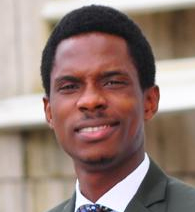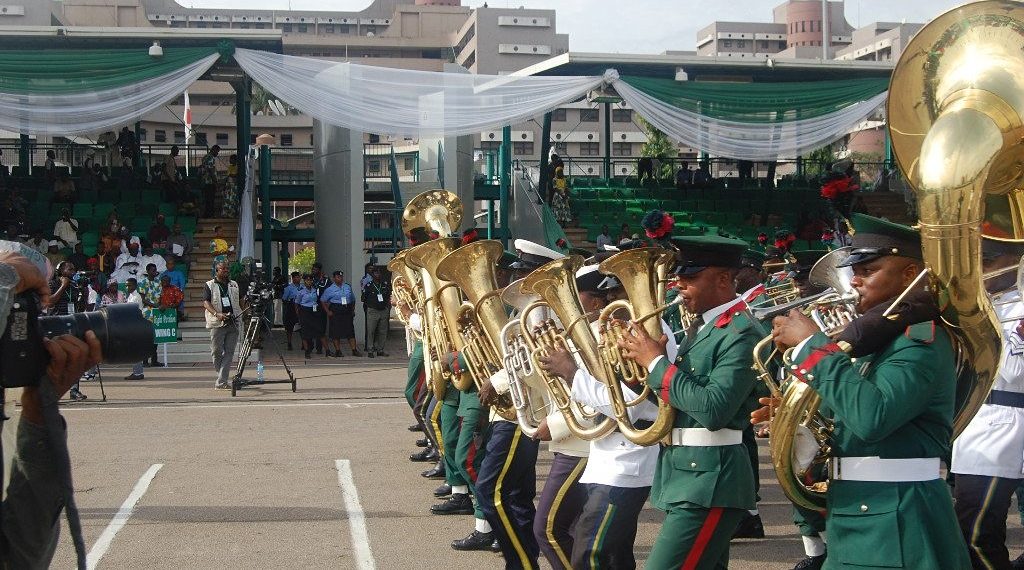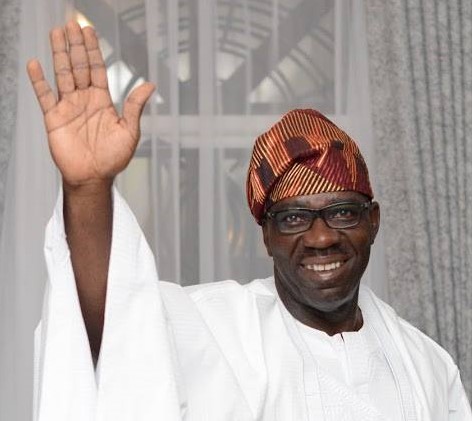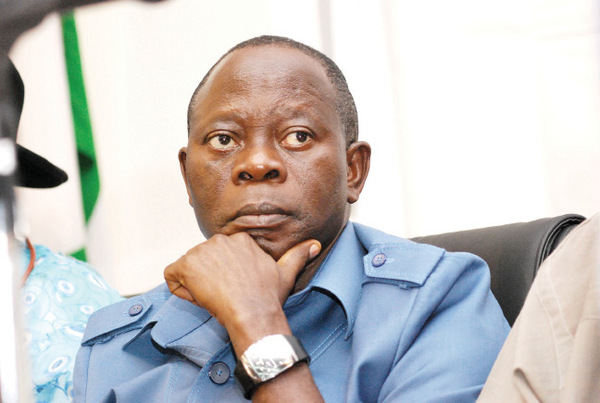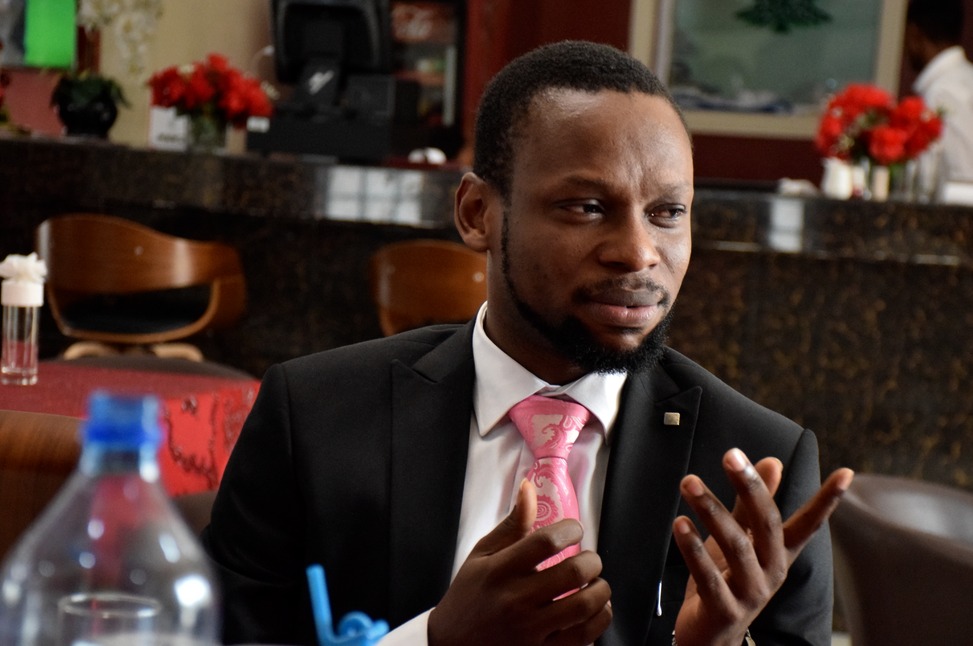This year’s Democracy Day is quite auspicious for a number of reasons. One, it marks the 27th Anniversary of June 12, 1993, which remains one of the historic moments of our nationhood. That day, the idea of a “government of the people, by the people and for the people” came alive in an unprecedented manner. Two, it is coming barely four months to the celebration of our diamond jubilee as an independent nation. So, while Independence Day was our freedom from forces without, democracy day marked our freedom from the forces within. Three, it has come at a time when the whole world is desperately seeking total freedom from the deadly coronavirus which has altered our lives forever. The response to the pandemic in Nigeria, although commendable in some states, has been markedly abysmal in more but that’s a topic for another day.
One of the good things about the commemoration of Democracy Day is that it should ideally cause a deep, national reflection on where we are coming from, the journey so far, and a re-energised commitment to stay the course. Democracy day is not just another public holiday or an opportunity for ceremonies with vacuous speeches. It is serious business. It is the best test we can give ourselves to determine how deeply rooted we are or how far we have strayed from upholding the fundamental doctrines of respect for the rule of law, free press, and respect for human rights. The day should also be a gauge to measure the level of maturity of our political process in the conduct of free, fair and credible elections, and the quality of our civic engagements. How do we know if we have made progress? By asking questions. And if by doing so, it is clear that we haven’t, the question then is, what are we celebrating?
I find it quite apposite to reference parts of a statement by the president on June 6, 2018, notifying Nigerians of the change in date for the commemoration of Democracy Day. He wrote, “Dear Nigerians, I am delighted to announce that, after due consultations, the Federal Govt has decided that henceforth, June 12 will be celebrated as Democracy Day…In the view of Nigerians, as shared by this Administration, June 12, 1993, was and is far more symbolic of Democracy in the Nigerian context than May 29, or even October 1. June 12, 1993, was the day millions of Nigerians expressed their democratic will in the freest, fairest & most peaceful elections since our Independence. That the outcome of that election was not upheld by the then military government does not detract from its democratic credentials.”
That decision was both historic and in very good order. The move is hardly faultable even if viewed from the lens of political expediency. Those who were part of the struggle of those years were full of commendation for the president largely because he was the least expected person to do so. By that singular act, the President was not merely changing a date, he did something much more profound. He was recognising the June 12 experience as the best reference of an ideal democratic situation, and a perfect benchmark upon which the strength or otherwise of democratic credentials, over the past two decades can be measured. In the same vein, he had also placed on his administration the burden of justifying, by action and inaction of his government, that ours is still a democracy in its entirety and not a complete farce.
Advertisement
On the rule of law, so much is known about the brazen disregard for the rule of law by the government over the years. After 21 uninterrupted years of democratic experience in this Fourth Republic, it is rather an awful development that the issues of an affront to the rule of law are a consistent narrative. For example, the selective obedience of court orders in the release of detained persons. The cases of Sambo Dasuki, Ibrahim El Zakzaky and Omoyele Sowore are quite prominent. In the case of Sowore, I had written in “Sowore & Co: Matters Arising” (November 2019) that “the federal government has developed an insatiable appetite for the court orders to obey and the ones to disregard. These developments are most unsavoury and mark a new low in our democratic journey.” In each of the cases, the government was ordered, up to the ECOWAS court, to release the individuals.
There have also been numerous reported cases of detained persons, mostly journalists. ‘Dadiyata’ is one gentleman who is strongly believed to be detained by the government and after almost one year, his location remains unknown. Every other day on social media, there is a ‘Free-Somebody’ campaign calling for the release of detained persons for holding ‘unpopular’ views. When the rights of a citizen to hold an opinion is no longer guaranteed, that is a clear deviation from what obtains in an ideal democracy. These oppressive patterns are relics of the military government that the country has since left behind.
On the maturity of our political process, the only progress we have made is in the successful transitions we have had since 1999. We can also be given credits for the remarkable record of having an opposition defeat an incumbent for the first time in our history. Other than that, the stories of woe have not changed. Despite significant progress with the electoral conduct with regard to the innovation of card readers, the elections are still very far from credible. The elections are still consistently marred by political thuggery, violence of varying degrees resulting in loss of lives and destruction of property, vote-buying, voter intimidation. The most absurd trend is the decision of electoral victory by the courts. The decision of the courts now counts more than the votes of the people. It is quite shameful to consider an election conducted 27 years ago as the most credible in spite of marked advancement in technology. How do we even find that acceptable?
Advertisement
Perhaps, one of the most pertinent ways to judge the depth of our country’s democracy is the sense of belonging that the citizens have. In our case, with diverse ethnic groups, the benchmark would be the level to which ethnic nationalities feel a part of or alienated from the government. After all, democracy is the government of the people, or should I say, the government of the peoples in our unique case. The conversations have still not gone past ‘it-is-our-turn-to-do-this’ or that. Over the past few years, there have been increased calls for restructuring. Some call it a return to true federalism. These calls have largely been bolstered by the issue of national unity that governments over the years have failed to address. After these years, it has become incredibly difficult to hold national conversations without colourations of ethnicity and religion. We certainly can do better.
It is also important to highlight the quality of our civic engagements and the work of civil society organisations (CSOs) in Nigeria. The CSOs are an integral part of our democracy and democracies thrive on robust civic engagements. They are largely the pulse feeders of the public and therefore their views are important in public discourse. The recommendations are not to be unreasonably dismissed as has become the habit of the government when the truth served is not comfortable. When agencies like Amnesty International, or Socio-Economic Rights And Accountability Projects (SERAP) come out with reports on issues of human rights abuse or allegations of corruption, there is a quick dismissal and the narrative is that the issues are politicised. If civil society organisations cannot stand to defend the rights of the common man or demand accountability from the government, then, who will? Democracies do not work because the powers-that-be are left alone, they work because the people know what’s right and never stop demanding it.
To say that we have significantly progressed in our commitment to democracy over the years would be to lie and to claim to have what we clearly do not. And that’s stark hypocrisy. This year’s Democracy Day is another opportunity to reaffirm an unbending commitment to governance that holds the rule of law in the highest esteem and prioritises the right of every citizen. It must also be a time to hold conversations on the kind of leadership that can unite the diverse peoples of Nigeria in the days ahead. We cannot also overemphasise the power of visionary leadership in fostering strong democratic doctrines in Nigeria. That’s the only way progress can be made on our democratic journey and we can once again be a shining example to the rest of the world. If that is not the purpose of the day, then what are we celebrating exactly?
Advertisement
Views expressed by contributors are strictly personal and not of TheCable.
